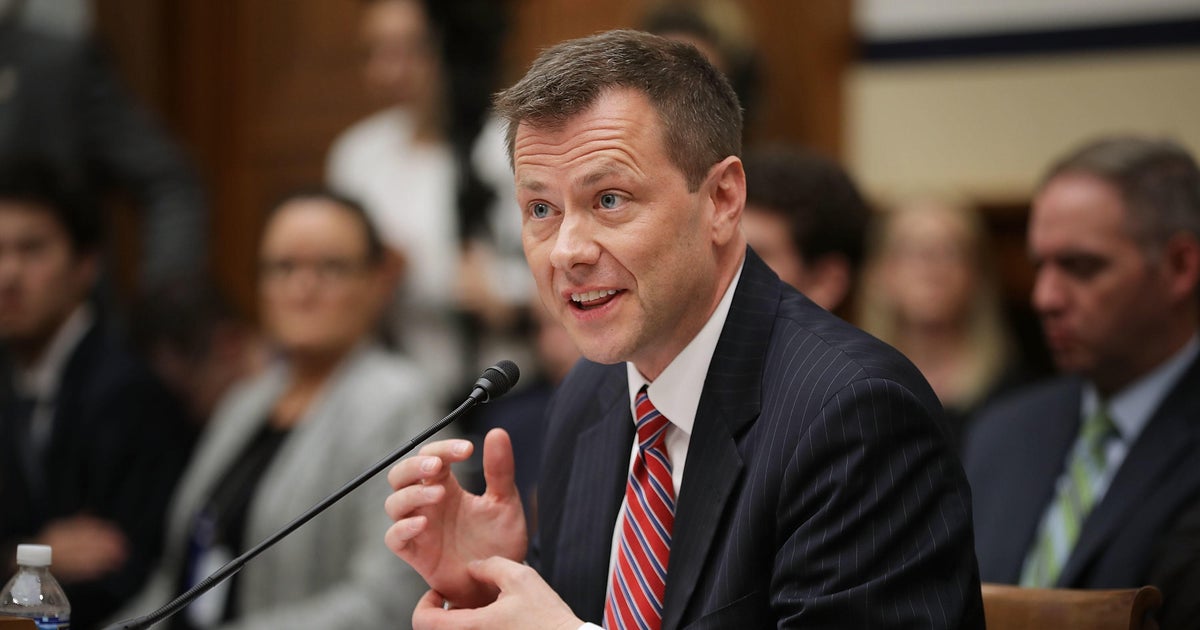Oberlin College president Carmen Twillie Ambar on the $44 million ruling against the school
This month, a jury awarded Gibson's Bakery a $44 million verdict, including $33.2 million in punitive damages, against Oberlin College in Ohio. Oberlin College lost a defamation lawsuit brought by local bakery Gibson's who said they were libelously accused of racism.
The jury found Oberlin College supported the allegations of racism from its students, as members of Oberlin's student senate published a resolution saying Gibson's had "a history of racial profiling and discriminatory treatment," while students also used a campus printer to distribute a flyer that accused Gibson's of being a "racist establishment."
Oberlin College — a private liberal arts college of over 3,000 students and faculty located 15 miles off the shores of Lake Erie in Oberlin, Ohio — found itself at the center of a controversy that encompassed small business rights, free speech, racism and political correctness. Oberlin College president Carmen Twillie Ambar spoke with CBSN on Wednesday about the verdict. She wasn't in the post when the incident unfolded years ago.
"I think this decision is really about whether a college should be held liable for the speech of students," Ambar told CBSN's Tanya Rivero. "The college didn't construct the flyer, the college didn't condone the flyer, it didn't write the Student Senate resolution. The judge held at the time that the speech the students were making at the protest was protected speech."
It all began in November 2016, the day after Donald Trump's election. An African American Oberlin College student was caught shoplifting a bottle of wine from Gibson's Bakery, a family-owned establishment located in the small college town. As store owner Allyn D. Gibson engaged with a physical struggle with the student, two other African American students joined in to escalate the confrontation.
The three students were eventually arrested and pleaded guilty to misdemeanor charges, acknowledging in court that Allyn D. Gibson was within his right to detain the shoplifter and that his actions were not racially motivated, according to the Chronicle-Telegram. But instead of fading away, the shoplifting incident sparked a wave of fierce protests led by Oberlin College students who claimed that Gibson's Bakery engaged in racial profiling and that the family who owned the store were racists.
And it didn't end with protests. According to local station WKYC-TV, Gibson's Bakery employees had their tires slashed and experienced verbal abuse. Flyers were passed out around campus accusing the store of racism and boycotts were promised. Oberlin College's vice president and dean of students Meredith Raimondo joined in calling the bakery a "racist establishment." Soon after, the college ended all business purchases with the bakery, which had been serving students since 1885.
In November 2017, the Gibsons sued Oberlin and Raimondo for slander, accusing faculty members of encouraging the protests against the bakery by suspending classes, distributing flyers, and supplying protesters with free food and drink. Ambar told CBSN that Raimondo's role in the protest was mischaracterized.
"There was one administrator there who was representing the institution, and the student handbook requires her to be there, the dean of students," Ambar said Wednesday. "She was there to ensure that the protest was lawful and was safe, and was saying to students 'you can't stand there, you can't stand there.'"
"Some people have perceived that as being part of the protest," Ambar added. "But that's the work that colleges do to de-escalate a protest and to ensure students do it in a safe and lawful way."
Ambar did admit that some Oberlin College professors may have attended the protests, but did so in a private capacity where they exercised their First Amendment rights.
"There may have been some professors who were there operating in their own individual capacity, but they weren't representing the institution," she said. "That's a real important distinction. You get a chance to in your work to still have your First Amendment rights and you don't necessarily represent the institution."
In a statement, Gibson family attorney Lee Plakas said, "The recent efforts of Oberlin College and President Akbar to reframe this as a First Amendment issue, while undermining the jury's decision, should be incredibly concerning to us all. Oberlin College was never on trial for the free speech of its students. Instead, the jury unanimously determined that Oberlin College libeled the Gibsons. Despite what spin the college places on the facts of this case, libelous statements have never enjoyed protections under the First Amendment."
Ambar said Plakas is "misstating what the jury found" in its ruling. She said Oberlin College never condoned the libelous statements made by its students.
"The jury found those statements in the flyer, and in the Senate Resolution, were statements that they thought were libelous," Ambar said. "What we've been saying is we didn't write those statements. We didn't produce those statements. So the notion that the college can be found responsible for those statements is where this is sort of a misplaced blame."
Even though the jury ruled against the school, Ambar said she thought the entire controversy was "absolutely" hurtful to the Gibsons.
"There's no doubt that the college felt bad about what was happening and tried to resolve it. And I think that's one of the lessons learned that the work that we need to do in our community is to try to build the type of relationship that means maybe these type of incidents won't happen."
When asked if any consequences for the protesting students would be appropriate, Ambar appeared to side with those who protested against the bakery.
"You can disagree with it, we can think that the students weren't right about it, but you get a chance to exercise your rights," she said. "And that's one the beautiful things about this country and also some of the challenging things about it too."





